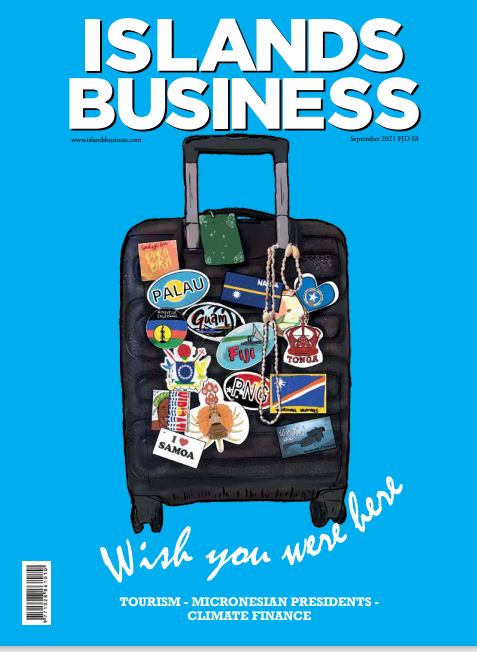Coconut oil is a staple in most Pacific households. It perfumes the air at many traditional events. We massage our babies with it, use it to treat hands roughened by sea, salt and soil (and a bowl too many of kava), comb it through our children’s hair and cook with it.
It is also the fuel for a burgeoning number of Pacific beauty brands.
The global beauty industry is worth US$532 billion according to Forbes, and is expected to exceed $800 billion by 2025, following a dip due to COVID and the . . .
Please Subscribe to view full content...
